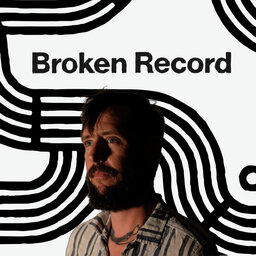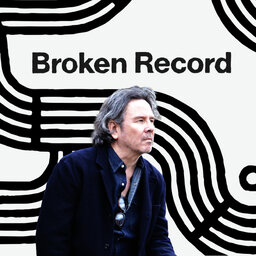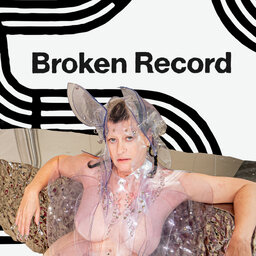Neneh Cherry
Swedish-born singer Neneh Cherry’s four-decade-long career has ricocheted between a number of genres including hip-hop, jazz, and trip-hop. Her first single in 1988, “Buffalo Stance,” cemented her standing as a no-nonsense Black feminist voice in contemporary urban music. This year Neneh released her sixth album, “The Versions.” It’s a collection of cover songs of some of Cherry’s biggest hits, and is performed exclusively by female artists including Robyn, Sia, and Neneh’s daughter Tyson.
On today’s episode Bruce Headlam talks to Neneh Cherry about her bohemian upbringing in Sweden, New York and London with stepdad Don Cherry, the famous jazz trumpet player. Neneh also recalls how she first met The Slits, the legendary all-girl punk group. And why despite scoring her first big hit with a cheeky rap verse, she never considered herself a real MC.
Hear a playlist of all of our favorite Neneh Cherry songs HERE.
 Broken Record with Rick Rubin, Malcolm Gladwell, Bruce Headlam and Justin Richmond
Broken Record with Rick Rubin, Malcolm Gladwell, Bruce Headlam and Justin Richmond


